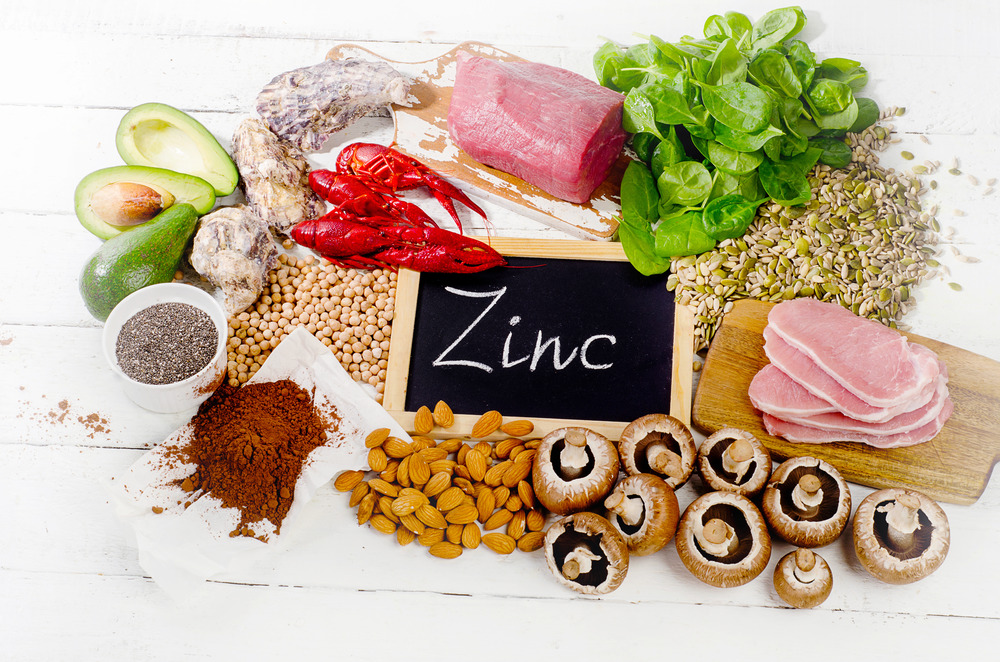If you’re a frequent reader of Haka Life content, you know about the unbelieveble impact omega-3 fatty acids can have for those suffering from arthritis. What you may not know is how much these powerful nutrients can play a pivotal role in helping us maintain brain health as we age.
Declining mental performance as we age is a fear shared by everyone, so it’s critically important that you put the right vitamins and nutrients into your body help prevent it. Let’s explore the relationship between omega-3 fatty acids and brain health.
Omega-3 can increase your blood flow the brain.
Without an adequate supply of blood, our various limbs and organs can’t function, so it’s no surprise that our most complex organ requires a significant amount. In fact, your brain has top priority over other body parts for oxygen and nutrient rich blood in order to prevent brain cells from dying.
Luckily, studies suggest that there’s a correlation between higher levels of Omega 3 fatty acid levels – like those found in GLX3 – and increased blood flow in the brain to areas used for cognitive functions like learning and memory.
Omega-3 can improve your memory and prevent cognitive decline.
Now, what exactly do we mean by ‘progressive mental diseases’ and ‘cognitive decline’?
Well, as we age, changes can occur in the brain that result in a range of diseases. These include everything from Mild Cognitive Impairment to more extreme types of dementia like Alzheimer’s, which affect our memory and our ability to learn and retain new information.
While scientists are still uncertain as to all the causes of diseases like Alzheimer’s, they have identified plaques-abnormal bunches of proteins-as a leading potential cause in cell death and brain tissue loss.
So, how might consuming Omega-3 fatty acids help prevent this?
Evidence is mounting that you may be able to lower your risk of dementia and age-related cognitive decline by upping your intake of omega-3s. The good news is that if you don’t consume enough omega-3, you can make changes. You can help maximize your odds of living a long, healthy life with optimal brain function by increasing your intake of omega-3s from sources such as fish and GLMO supplements.
Studies suggest that early-stage Alzheimer’s patients with higher levels of the Omega 3 DHA have less amounts of plaques and shrinkage compared to those with lower amounts. It’s thought that this is because DHA, which is one of the main structural elements of the brain and can be found mainly where cells connect to one another, helps regulate the process of autophagy, or cell ‘self-eating’, to prevent the buildup of plaques.
A study on markers of accelerated brain aging determined that DHA is so important to brain health that lower levels of it “are associated with smaller brain volumes” and “cognitive impairment even in persons free of clinical dementia”!
The good news is that if you don’t consume enough omega-3, you can make changes. You can help maximize your odds of living a long, healthy life with optimal brain function by increasing your intake of omega-3s from sources such as fish oil and green-lipped mussel oil supplements.
Omega-3 can help with depression and other mental health disorders.
Obviously omega-3 fatty acids play an important role in maintaining brain health and function as we age, but make no mistake – omega-3’s can be beneficial for people of all ages.
Omega-3 fatty acids also help reduce the effects of specific mental health disorders while enhancing cognitive functioning and behavior. Their ability to help maintain cell membrane elasticity allows for easier transmission of signals between neurons.
Remember when we mentioned the importance of Omega-3 DHA for preventing dementia?
Well, research suggests that adequate levels of DHA-and its companion, EPA-in the brain also help to optimize serotonin production and reception. It does this by in part by reducing inflammation (by now, you know Green Lipped Mussels are pretty good at doing that!) which signal certain molecules that inhibit serotonin release.
And guess what characteristic disorders like Autism, depression, schizophrenia, and ADHD have in common?
Low brain serotonin.
This deficiency is common, as Omega-3’s are essential nutrients, meaning the body can’t produce them on its own. It’s especially frequent in countries like the United States, where the diet of the general population doesn’t include enough sources of the nutrients, like Green Lipped Mussels.
So, by taking a supplement like GLX3 that’s rich in Omega-3’s DHA and EPA, you could potentially prevent or reduce the symptoms of many of these mental disorders by optimizing your body’s serotonin production and use.
I’m sold – what are some natural ways to boost omega-3’s?
There are two main ways to increase your omega-3 intake: food and supplements. When it comes to food, there are several good sources of omega-3s that you should add to your diet. Fatty fish is one; you can also choose plant-based sources, such as vegetables, nuts, and seeds that are high in these fatty acids. Other great omega 3 food sources are mackerel, salmon, oysters, seabass, shrimp and trout.
If you prefer vegetarian or vegan sources, you can choose from:
- Algae and seaweed. Seaweed, chlorella, nori, and spirulina are different types of algae that people eat for their many health benefits. Use nori to wrap your sushi or snack on salty, crispy seaweed chips.
- Chia seeds. Chia seeds are a great source of omega-3s, protein, and fiber. Use them in smoothies, salads, granola… the sky’s the limit.
- Hemp seeds. Hemp seeds provide a healthy dose of ALA along with many other nutrients, including protein, iron, magnesium, and zinc.
- Walnuts. Walnuts are an important source of healthy fats, including omega-3 fatty acids. Add walnuts to most anything, from granola and trail mix to yogurt and cooked dishes.
- Kidney beans. Kidney beans are a rich source of omega-3s, whether you eat them alone, as a side dish, or as an ingredient in curry, stew, or rice and beans.
Do omega-3 supplements boost brain health?
If you cannot meet your daily requirement of omega-3 or have unusually high levels of inflammation or joint pain, then you can choose from several types of omega-3 supplements. Find what you need with:
- Fish oil. Fish oil is the most popular omega-3 supplement and provides an exceptionally high dose of EPA and DHA.
- Green lipped mussel oil. Green-lipped mussel oil is a superior source of omega-3 fatty acids because it’s all-natural, effective, clean, and more effective than fish oil. It also contains EPA, DHA, OTA and the all powerful ETA.
- Algae oil. If you’re adhering to a vegan diet, you can use algae oil as a source of omega-3s. Be sure to speak with your doctor about the correct dosage.
The final word on omega-3’s and brain health:
While the Omega-3 fatty acids and other nutrients found in green lipped mussels are known for providing relief to people suffering with arthritis and joint pain, it’s clear that the benefits extend to our most important organ – the brain.
The brain needs them to enhance cell growth, improve nerve-signal transmission, and promote the production and reception of neurotransmitters like serotonin. More importantly, you need these processes to work right so you can fight off forgetfulness and focus without difficulty.
GLX3 – our green-lipped mussel oil supplement – only has three ingredients-so you know exactly what you’re putting into your body-and two out of the three are packed with Omega-3’s.
Your brain will thank you for saying yes to a green-lipped mussel supplement – it’s a no-brainer!



















